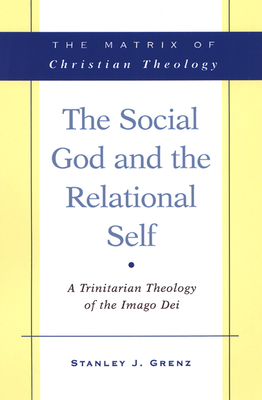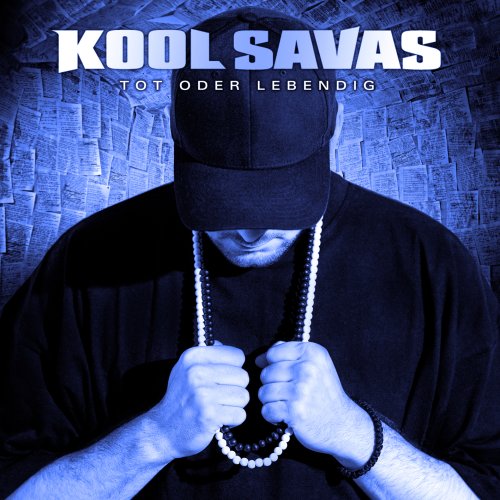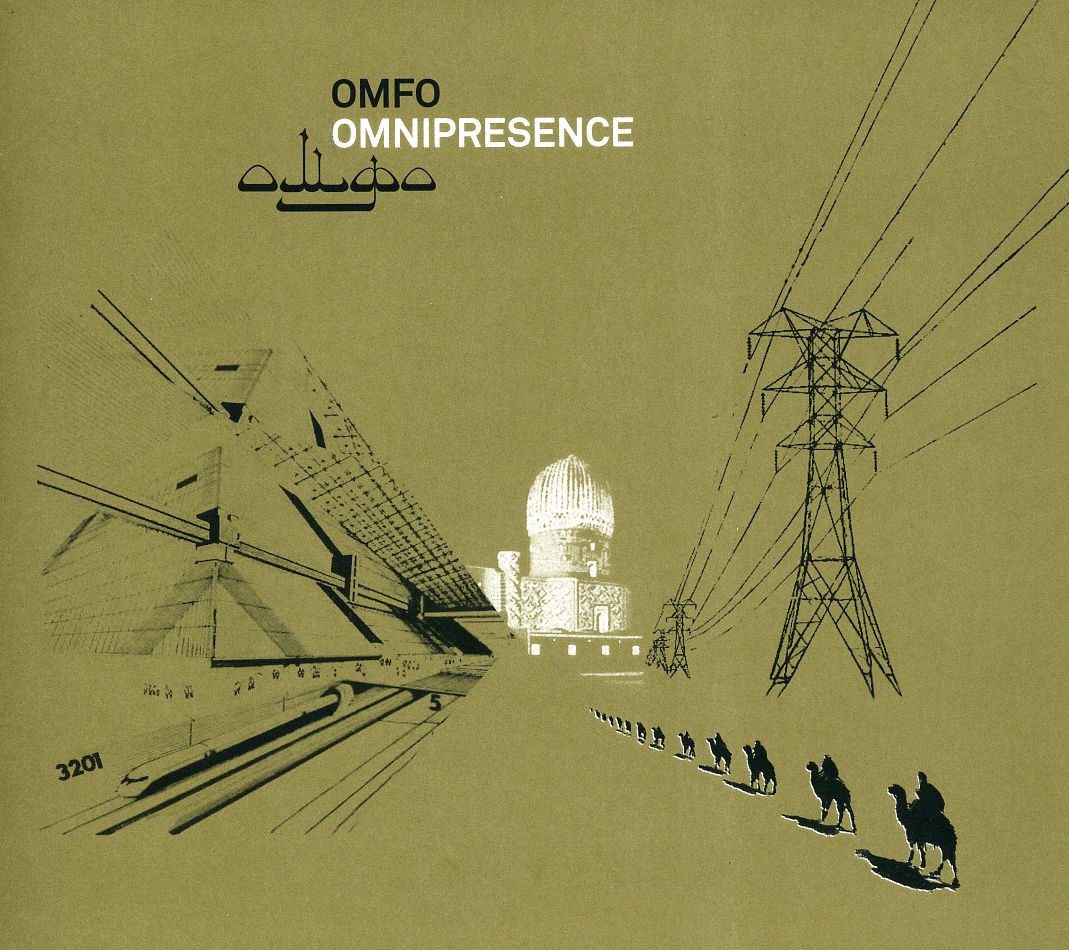
Grenz, Stanley J.
In this volume, Stanley Grenz creatively extends the insights of contemporary Trinitarian thought to theological anthropology. The Social God and the Relational Self is an example of theological construction as an ongoing conversation involving biblical texts, the theological heritage of the Christian tradition, and the contemporary historical/social context.
Grenz develops a communal understanding of the imago dei in the face of the demise of the centered self. He delineates the biblical/theological foundation for a new social conception of the divine image and reformulates an understanding of the self in a postmodern context, a context characterized by the loss of the self coupled with the quest for relationality in community. Grenz concludes by identifying the basis of the Trinitarian theological foundation for Christian anthropology and opens the door for the examination of other anthropological questions to be considered in light of the postmodern condition.







